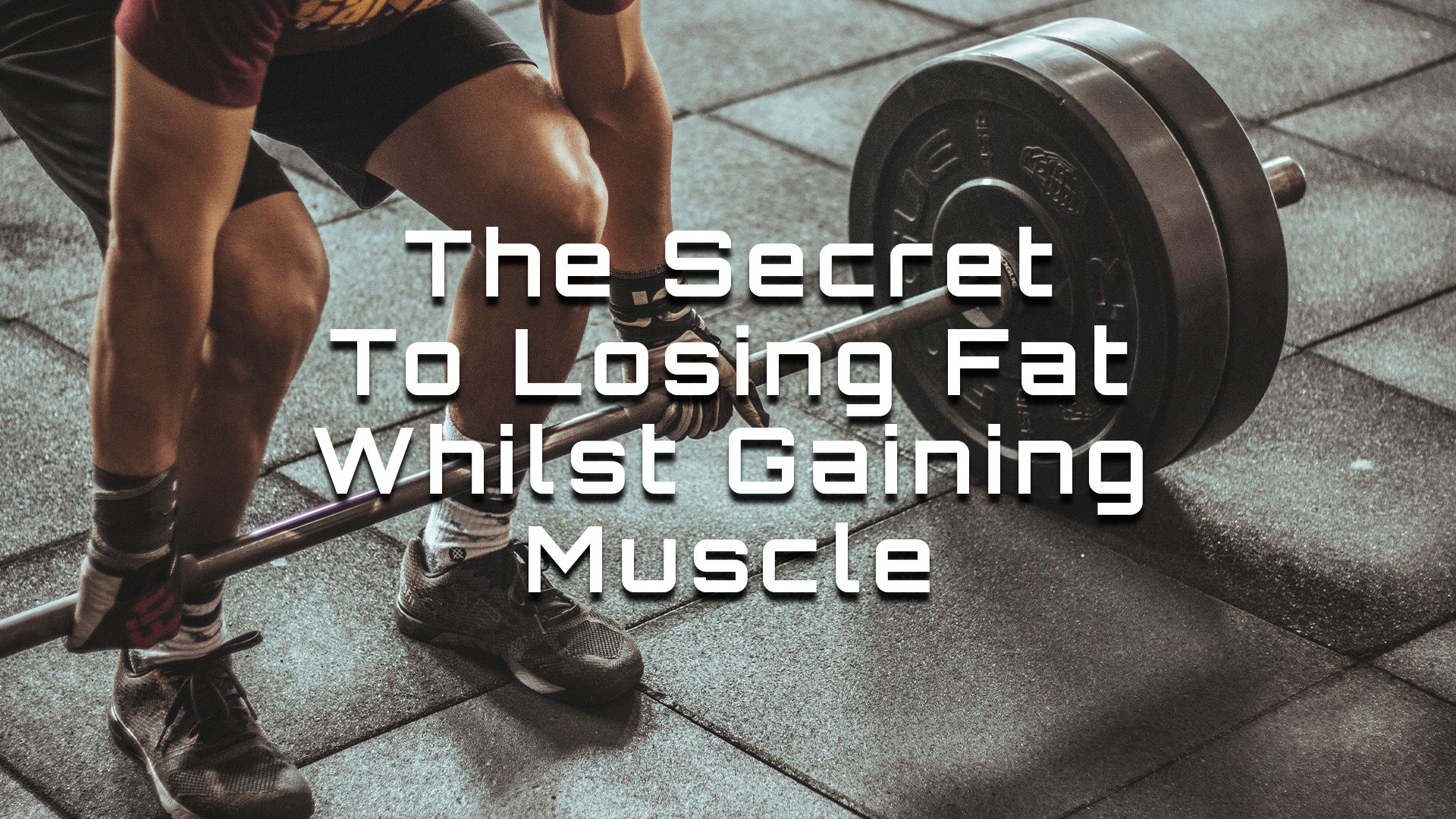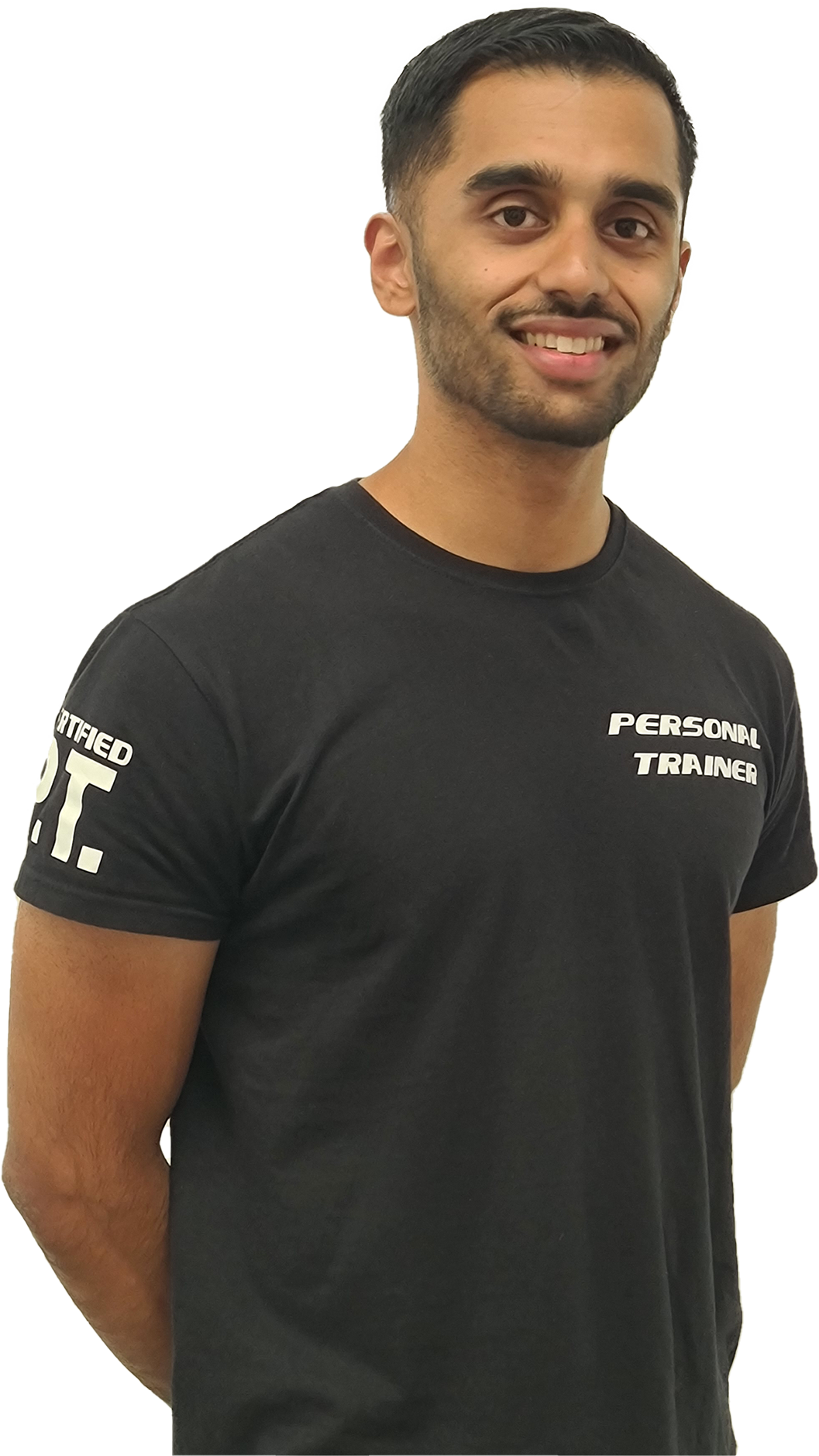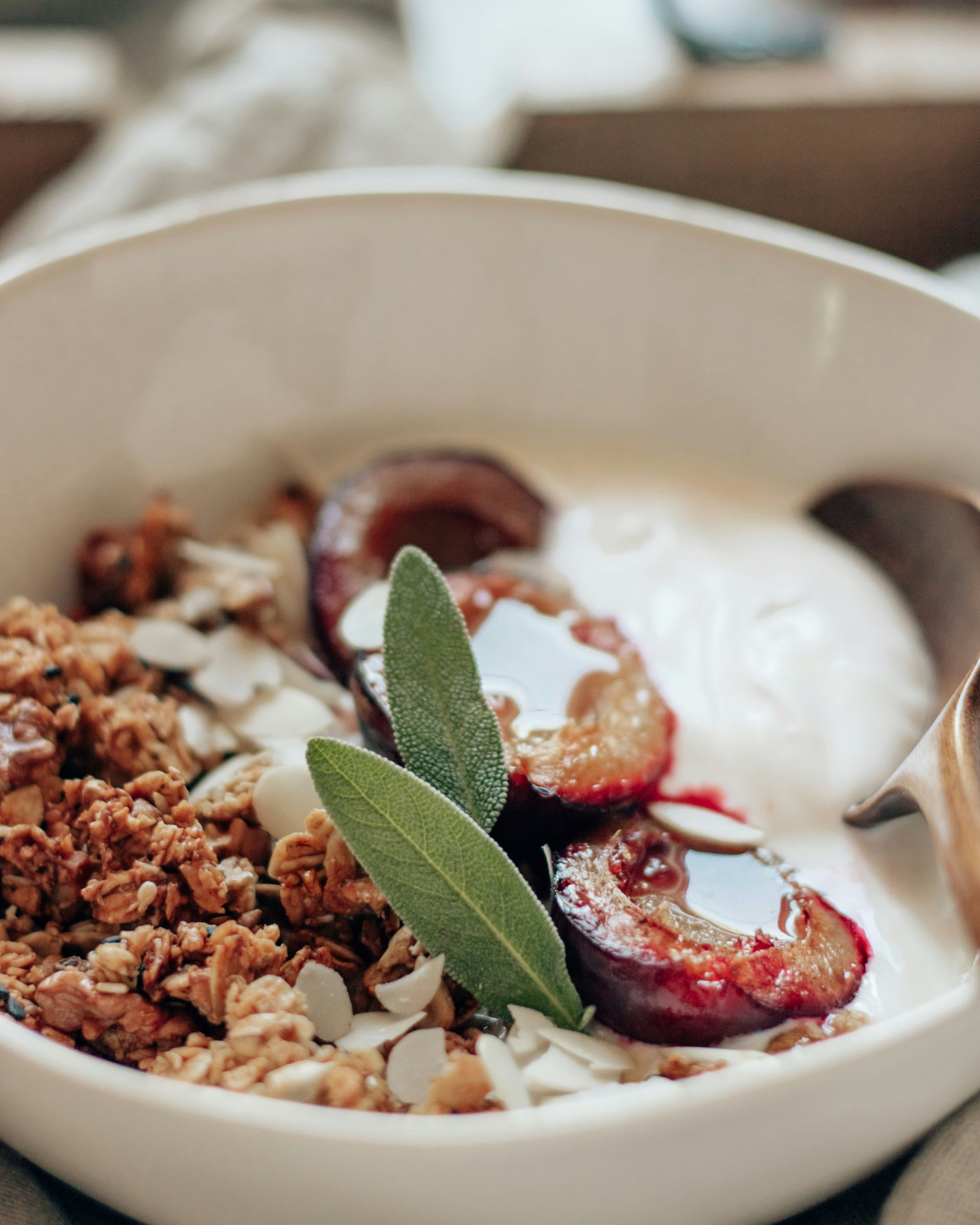
Are you tired of trying to lose fat and gain muscle with no results? It's time to change your approach. In this comprehensive guide, we'll reveal the secret to losing fat while gaining muscle - and it's not as complicated as you may think.
Firstly, it's important to understand that losing fat and gaining muscle are two different goals. However, they are interconnected. When you lose fat, your muscles become more visible and defined, giving you a leaner appearance. When you gain muscle, your body burns more calories at rest, making it easier to maintain a healthy weight.
So, what's the secret to achieving both goals simultaneously? The answer is a combination of proper nutrition and exercise.
Nutrition
When it comes to losing fat while gaining muscle, nutrition is key. You need to fuel your body with the right nutrients to support muscle growth and repair, while also creating a calorie deficit to burn fat.
Protein
Protein is the building block of muscle. It's important to consume enough protein to support muscle growth and repair. Aim for at least 1 gram of protein per pound of bodyweight per day. Good sources of protein include chicken, turkey, fish, eggs, and tofu.
Carbohydrates
Carbohydrates provide energy for your workouts and support muscle growth. However, not all carbohydrates are created equal. Focus on complex carbohydrates, such as brown rice, sweet potatoes, and whole grains. These will provide sustained energy and help regulate blood sugar levels.
Fats
Fats are important for hormone production and overall health. Focus on healthy fats, such as avocado, nuts, seeds, and olive oil.
Calorie Deficit
To lose fat, you need to create a calorie deficit. This means consuming fewer calories than you burn. However, you don't want to create too large of a calorie deficit, as this can lead to muscle loss. Aim for a deficit of 300-500 calories per day.
Exercise
Exercise is crucial for losing fat while gaining muscle. You need to engage in both strength training and cardio to achieve your goals.
Strength Training
Strength training is important for building muscle. Focus on compound exercises, such as squats, deadlifts, and bench presses. These exercises work multiple muscle groups at once, making them more efficient. Aim for 3-4 strength training sessions per week.
Cardio
Cardio is important for burning fat. Aim for at least 150 minutes of moderate-intensity cardio per week. This can include activities such as running, cycling, or swimming.
Incorporate High-Intensity Interval Training (HIIT)
HIIT is a great way to burn fat and build muscle. This type of workout involves short bursts of high-intensity exercise followed by periods of rest. Incorporate HIIT into your cardio routine for maximum results.
Conclusion
Losing fat while gaining muscle may seem like a daunting task, but it's achievable with the right approach. Focus on proper nutrition and exercise, and be consistent with your efforts. Remember, it's important to be patient and allow your body time to make progress.
If you're struggling to achieve your goals, consider working with a personal trainer here. I can provide guidance and support to help you reach your desired outcome.

Start Today!
Ready to transform your fitness journey? Take the first step towards achieving your goals with personal training!
My take on Health and Fitness



